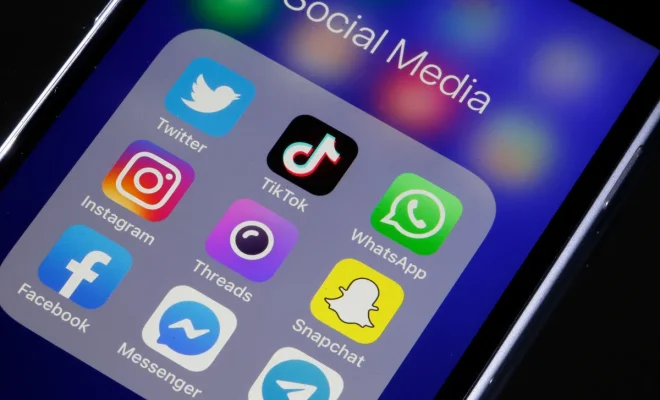How to beat your social media addiction, according to a therapist

Introduction:
Social media has become a powerful tool for communication, networking, and entertainment. However, it can also become an addiction when it starts to interfere with our mental health, daily life, and social interactions. As a therapist who has dealt with numerous cases of social media addiction, I will share some insights and practical tips on how you can overcome your social media addiction.
1. Acknowledge your addiction:
The first step to overcoming any addiction is admitting that you have a problem. Reflect upon your social media habits and recognize if they are affecting your relationships, work, or mental well-being. Are you spending excessive time online or feeling anxious without your phone? If so, it might be time to address these issues.
2. Set boundaries:
Establish clear boundaries for when and how long you will use social media each day. For example, you can set a specific schedule for engaging with social media platforms and stick to that routine. Remember not to check your phone during meal times, conversations with loved ones or before bedtime.
3. Use technology for good:
Leverage various apps or tools like timers or usage trackers to limit your social media use. You can set daily limits for specific apps and receive notifications when you’ve reached that threshold. Be sure not to procrastinate by switching between different apps- these tools can help make you accountable.
4. Practice mindfulness:
Engage in mindfulness exercises like meditation or deep breathing whenever you feel the urge to use social media. By doing this, you allow yourself the opportunity to analyze your feelings and motives behind wanting to check your feed incessantly.
5. Create alternative activities:
Fill the void that excessive social media use once occupied with healthier alternatives like reading books, pursuing hobbies or interacting face-to-face with friends and family members. Creating a more balanced lifestyle will reduce your dependence on virtual connections.
6. Seek professional help:
If you find that your social media addiction has spiraled out of control and is adversely affecting
your mental health, reach out to a trained therapist. They can help you understand the root causes of your addiction and develop personalized strategies for healthy coping and recovery.
7. Get support from friends or support groups:
Share your struggles with close friends or join social media addiction support groups to connect with others going through similar experiences. This provides a sense of camaraderie and helps you stay accountable in your journey towards overcoming your addiction.
Conclusion:
Overcoming your social media addiction may be difficult, but it is possible by following these therapist-recommended tips. Remember, it’s crucial to address the issue honestly, set clear boundaries, and practice self-awareness. By taking these steps, you will gradually regain control over your social media use and improve your overall well-being in the process.






